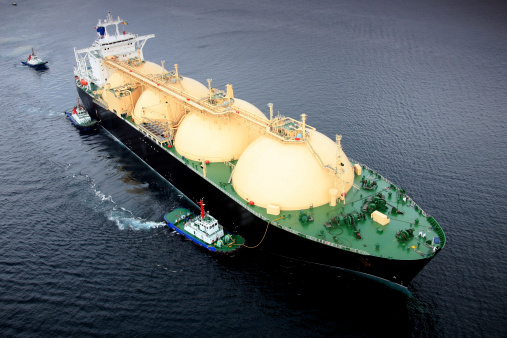
Lawsuits, intensifying protests, conflicts of interest and the underlying notion that the pipeline is not really essential are causing the Obama administration no end of discomfit.
At stake in this atmosphere of civil disobedience is a $7 billion, 1,179-mile pipeline project that will transport Canadian tar sands to refineries in south Texas, courtesy of TransCanada. In Texas alone, the pipeline affects some 850 landowners.
TransCanada has been playing dirty, and Texans won’t have it. If there is one state in the US where the phrase ‘eminent domain’ sparks revolutionary panic, it’s Texas. And while the pipeline protests were earlier the strict purview of ‘tree-hugging’ activists, it became a local Texas issue when TransCanada started having private land condemned by the court so it could buy it up on the cheap. So far, it has acquired 100 tracts of land in this manner, out of the 800 it has to date acquired.
One Texan has gone so far as to sue the state over its handling of the pipeline, which is supposed to cross his land. Specifically, he’s suing the Railroad Commission of Texas, which is tasked with regulating pipelines. According to the lawsuit, the Commission wrongfully granted TransCanada a permit and is failing to protect water supplies and ensure safety precautions. The landowner is also seeking an injunction and restraining order against the Commission.
On Monday, the situation took a headline-grabbing turn when two activists blockaded themselves inside a pipeline in East Texas.
In Oklahoma, things have gone a bit smoother, with construction already under way in full force.
In Nebraska, the pipeline is challenged by the environmental risk to the Sandhills region. On 4 December, a public hearing opened on the Nebraska route, which will lay the groundwork for a final decision by the state’s governor.
In Washington, though, support for Keystone XL seems to be moving along nicely, though it still does not have the final approval of the State Department, which is necessary as the pipeline crosses an international boundary.
While some politicians say the pipeline is a no-brainer, others disagree. Democrats are divided over the issue, with those in states whose economies depend on oil generally supporting the construction, while others balk. Republicans are generally united in support over Keystone XL.
Will the pipeline bring thousands of jobs? Probably—estimates range from 3,000 up to 20,000. Is it vital to US energy security? In so much as Canada is vital to US security. So, not really.
Energy security expert Michael Levi, of the Council on Foreign Relations, told Oilprice.com that the Keystone XL Pipeline is both “non-essential to US energy security” and “not disastrous to climate change.”
“It has been overblown by both sides in the debate. It is one pipeline that would carry a modest, but non-trivial amount of crude, and that would help create economic incentives to increase production, again, by a modest but not earth-shattering amount.”
From Levi’s perspective, the real issue here is trends. “I think if you replicate a pattern like the one that some would like to see for Keystone and you start blocking pipelines all over the place, then that becomes a larger economic problem.”
So welcome to the proxy war over energy.
Overall, there is a general optimism that the pipeline will go ahead, eventually. But here’s another new sticking point: the nomination for US Secretary of State, Susan Rice, who happens to hold shares in TransCanada, which is seeking State Department approval for Keystone XL.
It’s a bit of a conflict of interest that promises to get messy. Rice and her husband have stock in TransCanada valued at between $300,000 and $600,000. She also has some $1.25 million in stock in Canada’s Imperial Oil Ltd. (IMO), as well as in a handful of smaller Canadian oil companies.
By. Jen Alic of Oilprice.com
It’s Your Money, Your Future—Own It (sponsor)
Are you ahead, or behind on retirement? For families with more than $500,000 saved for retirement, finding a financial advisor who puts your interest first can be the difference, and today it’s easier than ever. SmartAsset’s free tool matches you with up to three fiduciary financial advisors who serve your area in minutes. Each advisor has been carefully vetted and must act in your best interests. Start your search now.
If you’ve saved and built a substantial nest egg for you and your family, don’t delay; get started right here and help your retirement dreams become a retirement reality.
Thank you for reading! Have some feedback for us?
Contact the 24/7 Wall St. editorial team.




